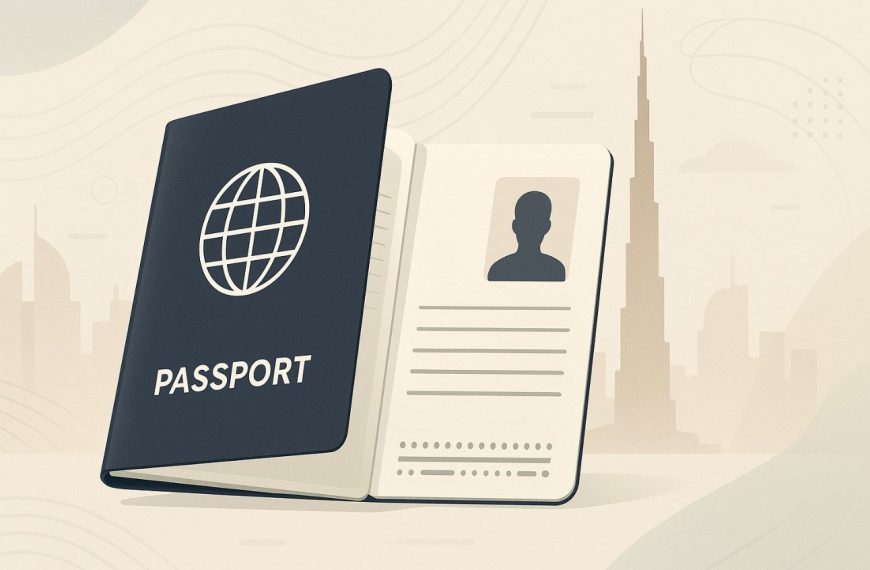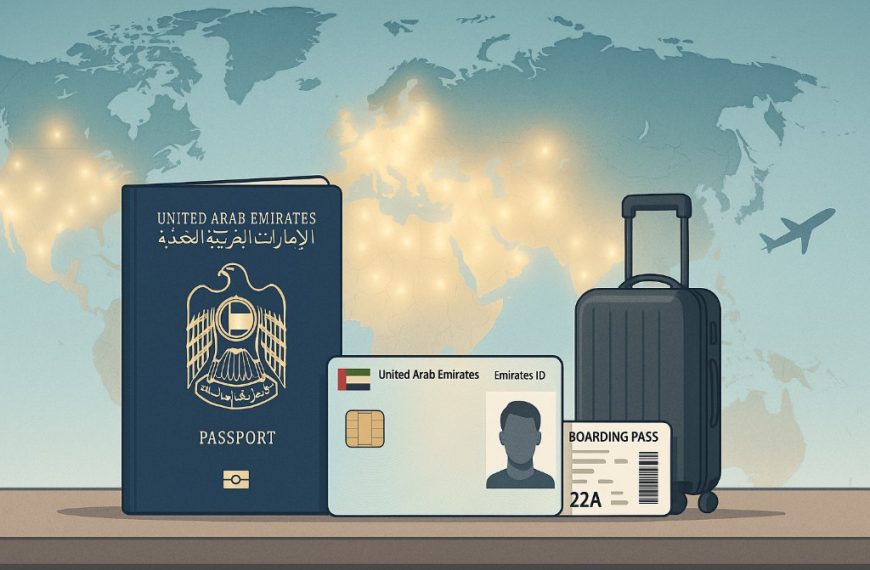Why Is Dubai Redefining the Summer Work Schedule in 2025?
How can a city as dynamic and fast-paced as Dubai maintain employee productivity during its harshest season? This is the question at the heart of the Dubai Government’s latest announcement of flexible working hours for government employees during the summer of 2025.
From July 1 to September 12, government entities across the emirate will adopt adjusted schedules that focus on employee wellbeing, work-life balance, and institutional efficiency.
Announced by the Dubai Government Human Resources Department (DGHR), the policy is an extension of a successful 2024 pilot programme. With proven results in enhancing employee satisfaction, Dubai’s strategy now sets a benchmark for adaptive governance in extreme climates.
This temporary measure reflects broader national priorities such as the “Year of Community”, aligning workforce policy with social cohesion and health during the hottest months of the year.
What Does the 2025 Flexible Work Model Look Like?

The 2025 flexible work model is based on a dual-group system. It allows departments to manage resources effectively while giving employees a structured yet adaptive workweek.
Here is how the model has been structured:
| Group | Work Schedule (Mon–Thurs) | Friday Work Hours | Weekend |
| Group 1 | 8 hours per day | Off | Friday, Saturday, Sunday |
| Group 2 | 7 hours per day | 4.5 hours | Saturday, Sunday |
The initiative preserves the five-day workweek but allows Friday flexibility based on the group. Government entities have the autonomy to assign employees into these groups depending on operational requirements, project needs, and employee suitability.
Unlike previous years where summer changes were limited to working hours, this model offers customization at the departmental level, giving managers control while staying aligned with overarching government goals.
What Inspired the Policy and What Were the Results of the Previous Trial?
The decision to roll out this initiative more broadly stems from the successful outcomes of a 2024 pilot program, which ran from August 12 to September 30 and involved 21 government entities.
According to DGHR’s internal analytics, the trial achieved:
- A 98% employee satisfaction rate
- Notable improvements in team morale
- A positive shift in productivity and punctuality
- Healthier work environments with reduced burnout
Surveys conducted post-implementation showed a direct correlation between the new schedule and enhanced employee output, especially among departments that previously had strict in-office routines.
In addition to internal benefits, the new system was seen to reduce congestion on major roads like Sheikh Zayed Road during peak morning and evening hours.
This improvement in urban flow was highlighted in a 2024 government survey, which argued in favor of remote and flexible hours as tools for traffic decongestion.
How Does the Initiative Align with Dubai’s Broader Goals?

The flexible work announcement fits within Dubai’s wider ambition to be a global leader in innovative governance and human-centric development. The policy supports several strategic objectives:
- Promoting healthier work-life integration by allowing employees more time with family and community.
- Boosting productivity through employee satisfaction, not surveillance.
- Adapting governance to seasonal and environmental realities, such as extreme summer temperatures.
Abdullah Ali bin Zayed Al Falasi, Director General of the DGHR, emphasized that the initiative aims to develop an “advanced government system that balances institutional efficiency with human wellbeing.”
The commitment isn’t just administrative—it’s social, operational, and strategic.
What Is the Connection Between Flexible Work and Community Wellbeing?
The 2025 policy also supports the UAE’s “Year of Community”, which places emphasis on family ties, mental health, and social connectedness.
Longer weekends and flexible Fridays allow employees to spend more time with their families during school holidays an often stressful time for working parents.
This move is also expected to:
- Decrease absenteeism during school-related activities
- Improve employee engagement across generations
- Encourage participation in community initiatives and volunteering programs
For a city where many residents are expatriates balancing professional duties with distant family obligations, the flexible hours add emotional value beyond mere operational convenience.
How Does the UAE Address Labor Conditions During Peak Summer?

While government workers enjoy adaptive schedules indoors, outdoor laborers face an entirely different set of challenges during the summer.
Recognizing this, the UAE Ministry of Human Resources and Emiratisation (Mohre) introduced the Midday Break Law, in effect from June 15 to September 15.
This regulation bans outdoor work from 12:30 PM to 3:00 PM, protecting vulnerable workers from extreme heat exposure. To support compliance and enhance safety:
- Over 10,000 air-conditioned rest stations have been established nationwide for delivery and construction workers.
- Companies violating the rule face fines starting at AED 5,000 per worker, with penalties up to AED 50,000.
The midday ban, combined with flexible government hours, demonstrates a dual approach to workforce protection recognizing both physical and psychological needs in different sectors.
What Is the Role of Technology in Supporting Flexible Work?
Dubai’s shift toward flexibility is heavily supported by digital infrastructure. Many departments have already integrated cloud-based systems, performance dashboards, and secure remote access for employees. These tools allow for:
- Outcome-based performance tracking rather than hour-counting
- Seamless team collaboration across office and remote locations
- AI-powered attendance and productivity systems
This digital foundation played a key role during the 2024 trial and will continue to support scalable flexibility in 2025 and beyond. Smart solutions also enable more consistent service delivery, ensuring that flexible hours don’t compromise citizen satisfaction.
Is the Private Sector Affected by This Change?
At present, this initiative is limited to the public sector, but its implications extend far beyond. A white paper released by the UAE government in early 2025 highlighted the potential benefits of expanding flexible work to the private sector, especially in:
- Technology
- Finance
- Professional services
- Marketing and creative industries
The document emphasized that private organizations adopting flexibility can improve staff retention, reduce office costs, and enhance innovation. While not mandated, there’s strong encouragement for private businesses to align with these modern employment practices.
How Does Flexible Work Compare to Traditional Models?
The advantages of flexible work arrangements can be clearly contrasted with traditional employment structures. Here’s how the two compare:
| Feature | Traditional Work Model | Flexible Work Model (Dubai 2025) |
| Daily Work Hours | 9 AM – 5 PM, fixed | Varies by group; 7–8 hours |
| Friday Schedule | Half-day | Optional full day off or reduced hours |
| Work Evaluation | Time-based | Outcome-based |
| Commuting Pressure | High | Significantly reduced |
| Family Time | Limited | Enhanced |
| Productivity Focus | Input-driven | Output-driven |
| Morale and Engagement | Moderate | High |
What’s Next for Flexible Work in Dubai?

While the current model is a temporary summer initiative, its success could pave the way for year-round flexible work structures. Many experts believe that Dubai is laying the foundation for a permanent transformation of the work culture across the UAE.
The evolution could involve:
- Hybrid work is becoming the norm for knowledge-based jobs
- Customized workweek options based on industry
- Continued investment in employee wellness programs
- Policy alignment between the public and private sectors
Dubai’s forward-thinking leadership is making it clear: flexibility is not a luxury, it’s a necessity for sustainable growth, employee happiness, and global competitiveness.
Frequently Asked Questions
What is the duration of Dubai’s flexible summer work schedule in 2025?
It runs from July 1 to September 12, 2025, and applies to government departments on a discretionary basis.
Is the private sector required to implement flexible hours?
No, the initiative currently applies only to government entities, though the private sector is encouraged to follow suit.
What was the employee response to the 2024 flexible work pilot?
The pilot achieved a 98% satisfaction rate and reported improvements in productivity, morale, and work environment quality.
How are employees grouped under the new summer schedule?
They are divided into two groups—one working four full days and taking Friday off, the other working reduced hours across five days.
Are there any legal protections for outdoor workers during the summer?
Yes, the midday work ban from 12:30 PM to 3:00 PM ensures worker safety, with severe penalties for non-compliance.
What technology supports remote and flexible work in Dubai?
Departments use cloud platforms, performance tracking software, and AI-driven attendance systems to manage output.
Could this flexible work model become permanent?
While currently seasonal, its positive impact may lead to more permanent adoption across both government and private sectors.









